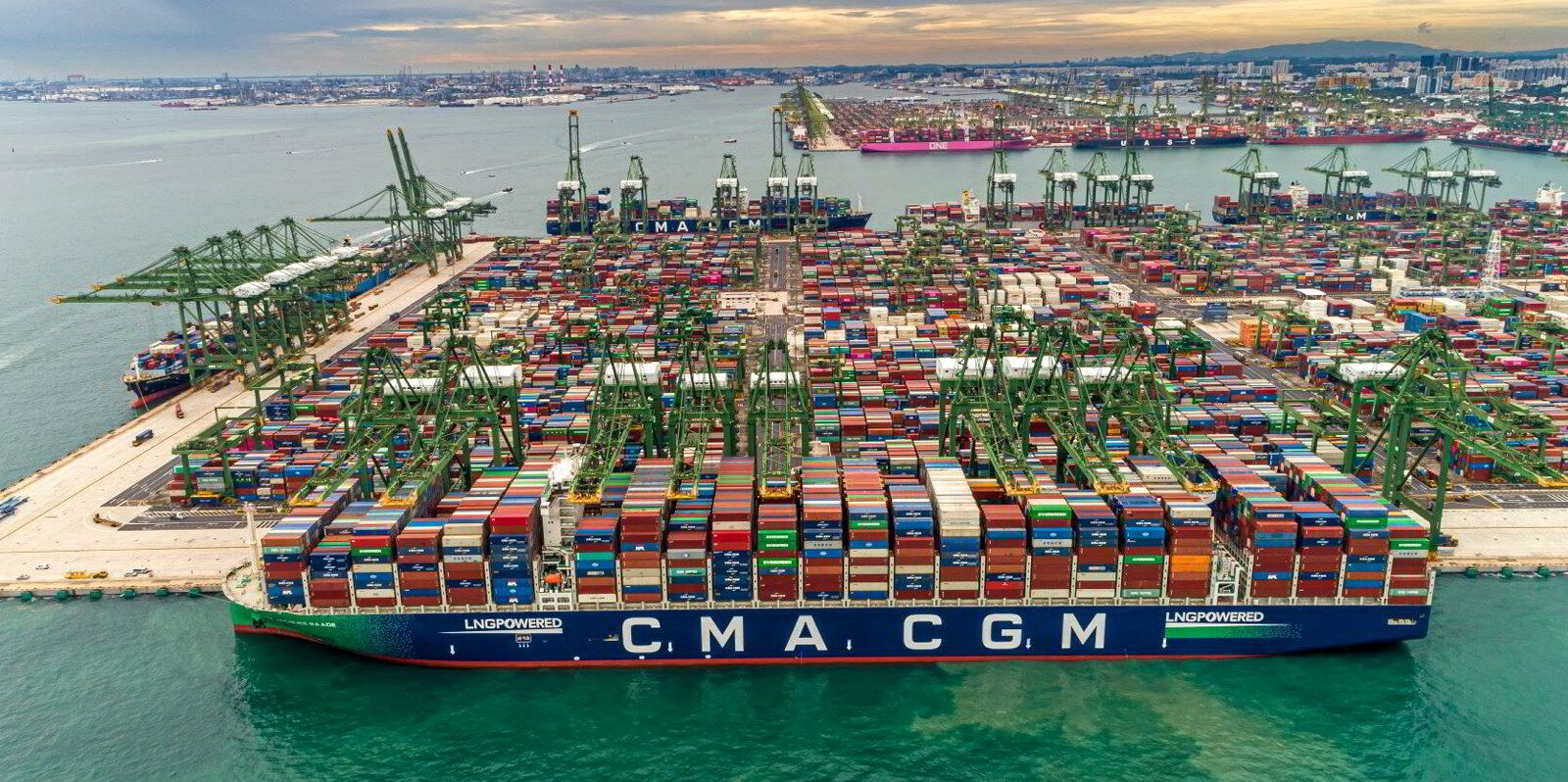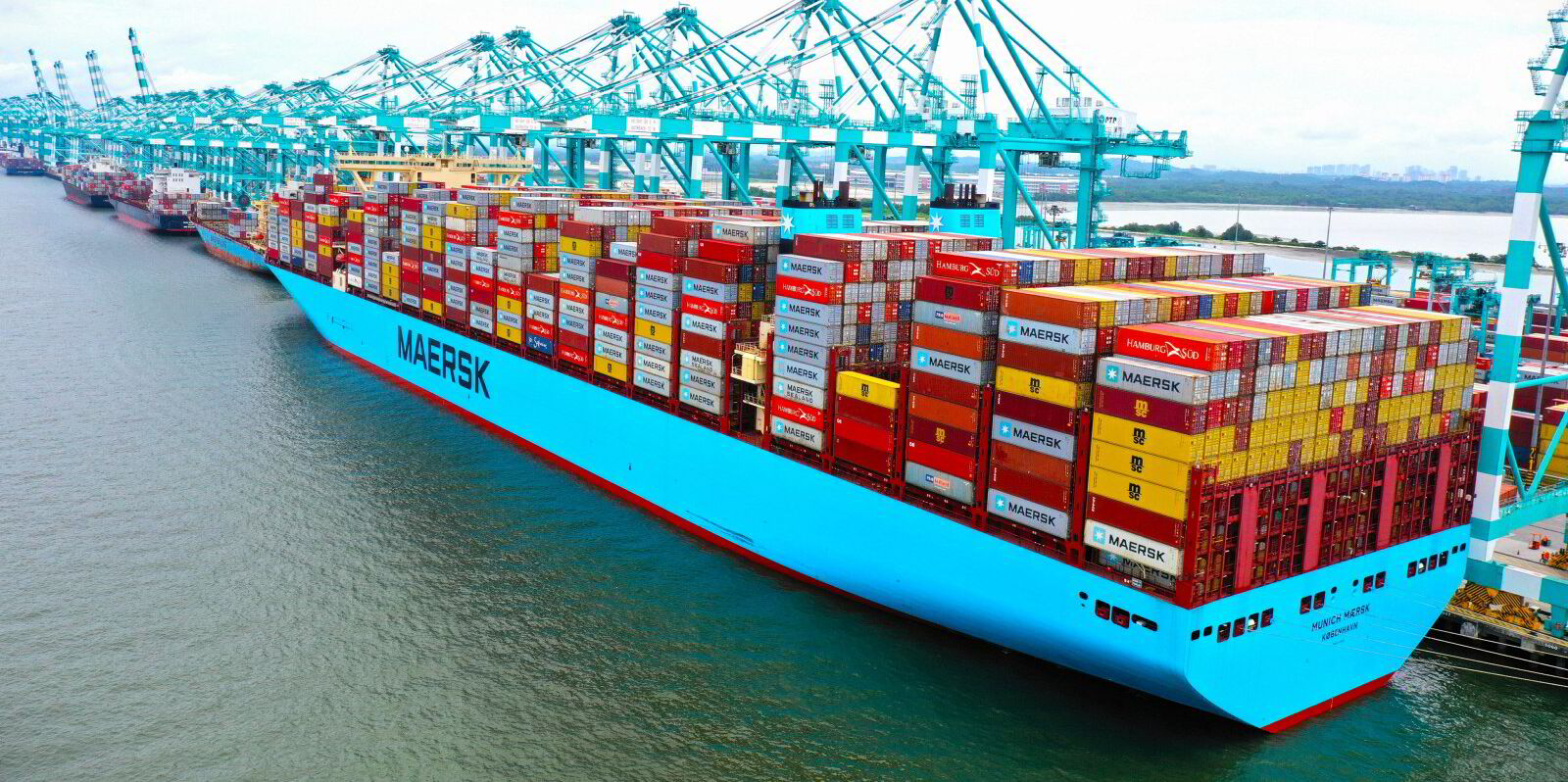Delays for container ships waiting to berth in Singapore have been reduced to “two days or less”, the state-owned terminal operator has claimed.
In late May, berthing delays at the world’s second-largest container port had reportedly hit seven days, with Singapore being dubbed a “congestion hotspot” by container shipping data provider Linerlytica.
PSA Singapore said in a statement on Wednesday that it has “significantly ramped up its capabilities to support increased activity and mitigate the impact of global supply chain disruptions since the beginning of 2024”.
“This includes reinforcing its frontline capacity, commissioning new berths at Tuas Port and reactivating berths and yard space at Keppel Terminal,” it added.
However, it warned that the supply chain demand and impact remain volatile as “the various disruptions, including the Red Sea situation, are still ongoing”.
In addition to the reactivation of some berths and yard space at Keppel Terminal, PSA’s Tuas Port currently operates nine berths and will add two more by the end of this year.
PSA said it plans to further expand Tuas Port and continue hiring frontline workers across its terminals on top of the extra 1,500 workers it has already hired so far in 2024.
“The Red Sea crisis has significantly disrupted global shipping and trade and we anticipate this challenging situation to persist for a prolonged period, potentially extending port congestion from Asia to Europe,” said PSA International group chief executive Ong Kim Pong.
Since the start of 2024, PSA said it has faced strong berth demand as well as off-schedule vessel arrivals, resulting in high concentrations of vessels arriving during certain days of the week, causing a significant increase in waiting times despite maxing out all of PSA’s berths.
“Larger call sizes have required vessels to stay longer, with lengthier transshipment container dwell,” the PSA said.
“This has arisen from a confluence of various factors, including the Red Sea situation, upstream and downstream ports congestion, and port omissions by shipping lines to recover their schedules, giving rise to substantial changes in vessel arrival patterns and call sizes,” it added.
As TradeWinds has previously reported, about 90% of container vessels arriving in Singapore have been off schedule, compared to an average of about 77% in 2023.
In addition, vessel port stays are said to have increased by 22% compared with the same period last year.
“This is due to more containers being handled per vessel call due to higher demand and container rehandling, where some containers are unloaded from the vessel to make way for other containers in consideration of port of discharge, weight and vessel stability. Unloaded containers are then loaded back to the vessel again,” the PSA said.
Container rehandlings on mega-vessels berthed at PSA are said to have increased by 8% in the first half of 2024, compared to the previous year.
“This is due to high vessel utilisation caused by the Red Sea situation that results in shipping lines leveraging more on PSA to optimise the stowage of containers on board their vessels, and to ensure safety at sea, especially now when most mega-vessels are taking the longer route around the Cape of Good Hope,” the PSA said.
“This in turn has led to extended vessel port stays and will affect the berthing time for incoming vessels, even while PSA upkeeps its productivity.”





